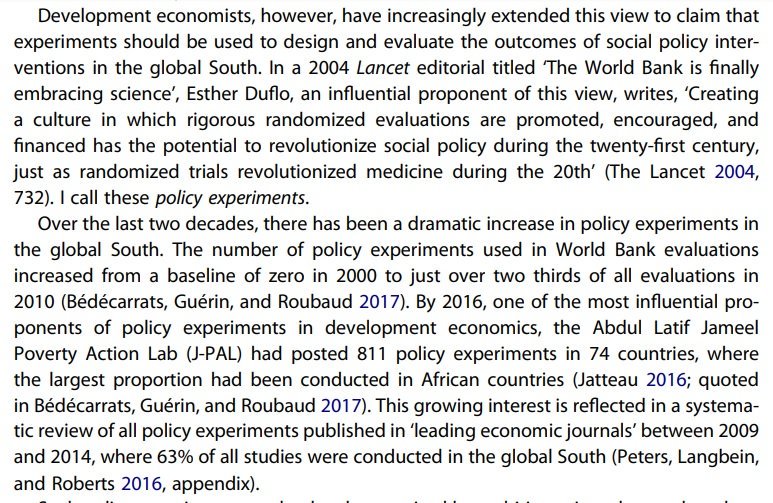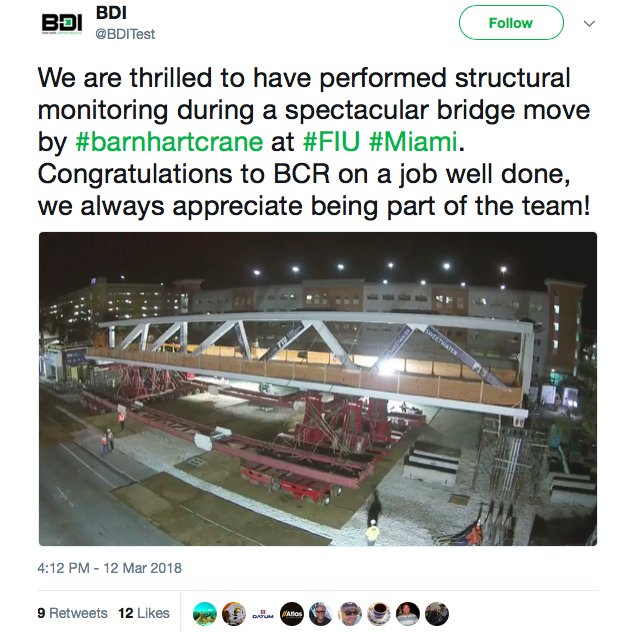I'm doing this because Kenyans paid for me to be trained to spot this stuff.
Every time GoK wants to implement a policy, they tell us that they are basing their policy on benchmarking and case studies abroad.
So corrupting science and sponsoring unethical or fake research has become a way to pass off poor or harmful policy.
Hoffman explains that many social problems are not cause and effect. So for policy experiments to claim that they will result in direct benefits, they have to avoid ethics review and massage the data.
I didn't notice that until now. Wow.

God, this is where it gets insane.
64 public schools
64 schools of World Vision (PS: also sponsored by @DFID_UK)
64 control schools from both public and WV
96 schools with teachers earning 5k a month
32 schools with teachers earning 9k a month
Total number of people affected: 196 teachers
But GoK got greedy. It decided to apply it to 18,000 teachers in schools attended by 1.3m kids
"Large-scale policy interventions are likely to provoke political economy reactions from groups whose rents are threatened by reform, creating an endogenous policy response that counteracts the objectives of reform – the “seesaw effect.”
Isn't it awesome?
from groups = unions (KNUT)
rents = salaries and professional standards
counteracts objectives of reform = opposes privatization
So many words to simply say that teachers went on strike.
I love it! I must learn to write this is.😂
This experiment on schools in western Kenya was taken through an academic laundromat by a scholar called Tessa Bold, an Oxford econ grad, 3 Kenyan scholars and guy who works at an NGO with interests in education reform. cgdev.org/sites/default/…
But back to my promise to break down Hoffman's article.
1. KNUT were demanding permanent employment and equal pay for the contract teachers, not for themselves.
2. Introducing different pay for the same work is a form of discrimination, not efficiency.
In the next section of her article, Hoffman discusses the vested interests in the experiment (unethical bias)
Wah wah wah! Don't you love history?
health services during 2011–2015 (attention @fnoluga).
One of the beneficiaries of privatized social services was Bridge Academies. globaljustice.org.uk/news/2016/apr/…
1. Empire has learned to use racist assumptions about Africa but without the ethnographic racist language of the 19th century.
But we all know Binyavanga said it best. granta.com/how-to-write-a…
END.






